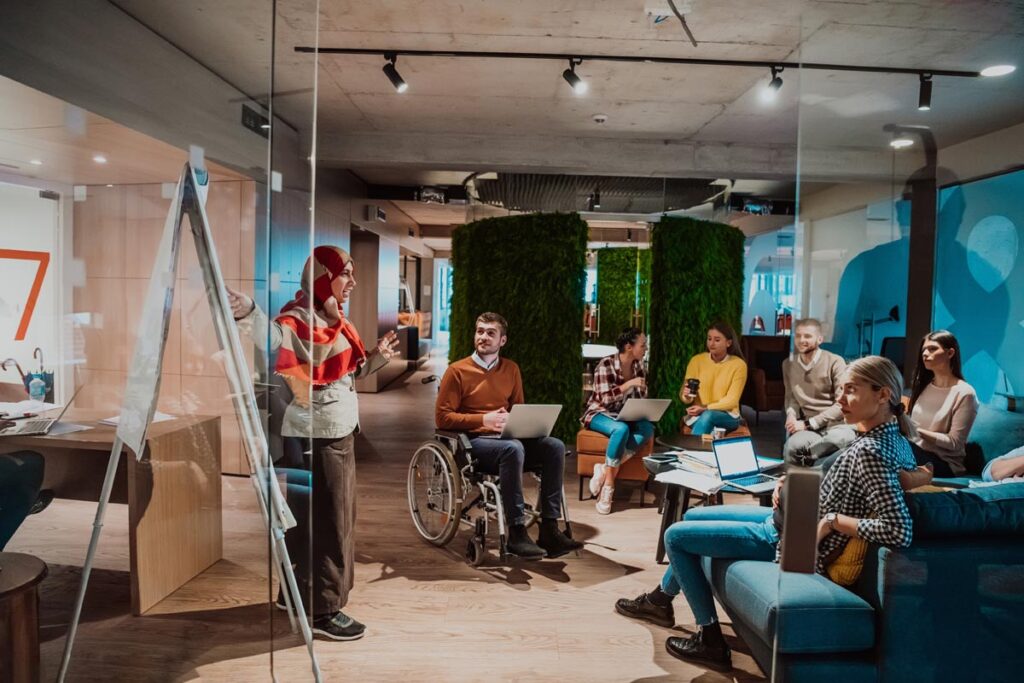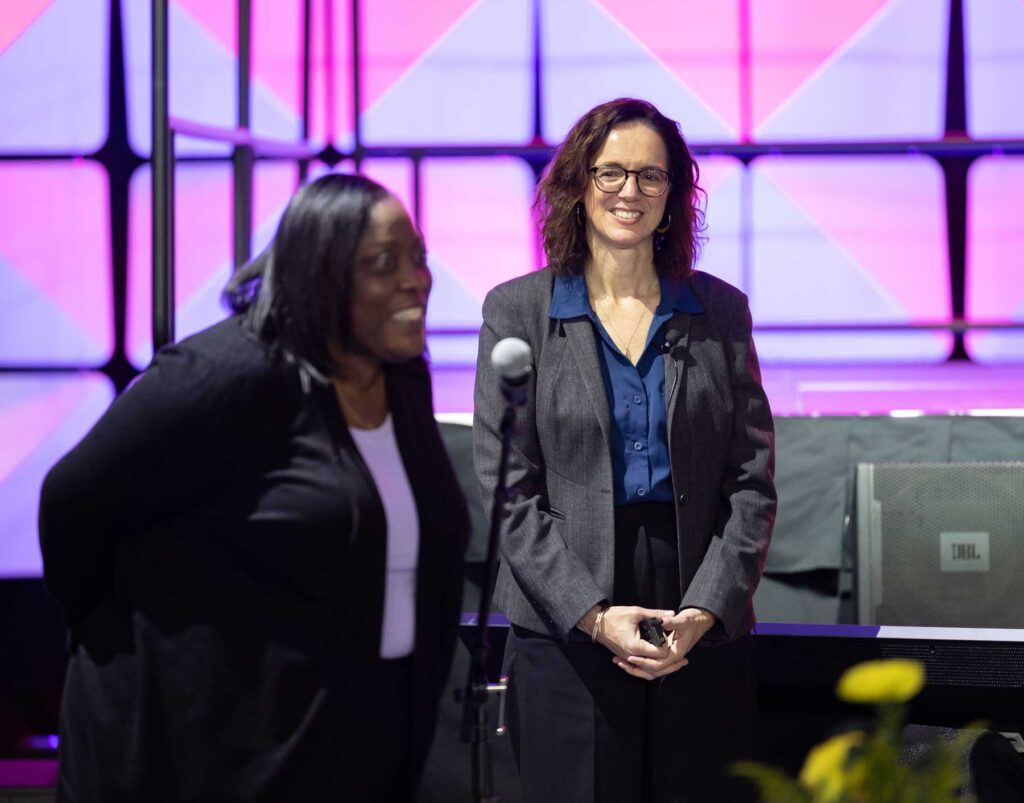Our Solutions
why work with Perception?
Our Solutions are research-backed & evidence-based
We work collaboratively to affect sustainable change
We foster
Dignity & belonging
Innovators in Mind Science Research
Perception Institute was founded to understand why holding egalitarian values doesn’t always translate into behavior that aligns with those values. We turned to social psychology and neuroscience and identified three intersecting unconscious phenomena that explain this paradox: implicit bias, identity anxiety, and stereotype threat. But individuals can’t solve societal challenges alone, and our unconscious minds are shaped by the world around us.
This work requires understanding the interplay of structural, institutional, and interpersonal dynamics, and how they affect us as individuals. Genuine “mind science” research includes insights from social psychology and neuroscience, as well as law, sociology, political science, anthropology, and history.
As mind science research analysts and data interpreters, we use this knowledge to analyze how implicit bias, identity anxiety, and stereotype threat interrupt interpersonal dynamics in varied environments. The information we gather helps us improve everyday interactions and better understand how narratives influence structures and institutions, as well as social identities.
These insights help us develop interventions that lead to the world we all want to live in.
how we work
The reality is this. Systems exist that favor certain groups over others. This bias can lead to oppression that prevents people from living authentically without fear of prejudice. Our evidence-based approach identifies and examines these behaviors and creates transformative solutions that promote equity, inclusion and belonging.

Tailored Solutions
to reduce harmful practices
Organizational Assessments
Affinity Spaces

Connection Circles
Mind Science Workshops
Mind Science Workshops Cover:
Specialized Workshops
For groups with a foundational understanding of the science or who are looking for a more specialized focus, we also provide Specialized Workshops.




